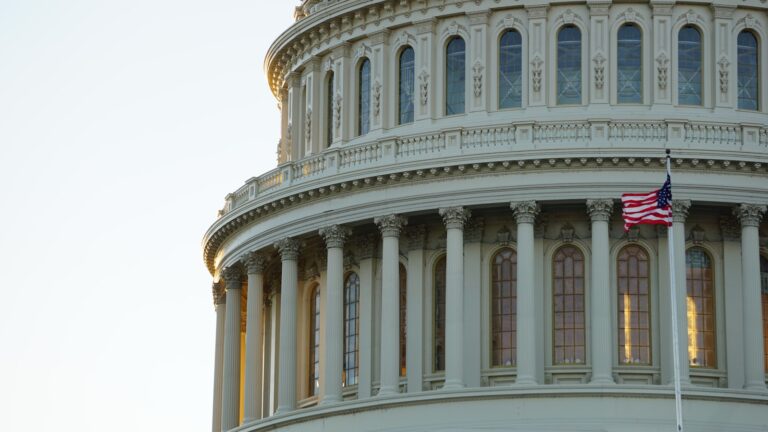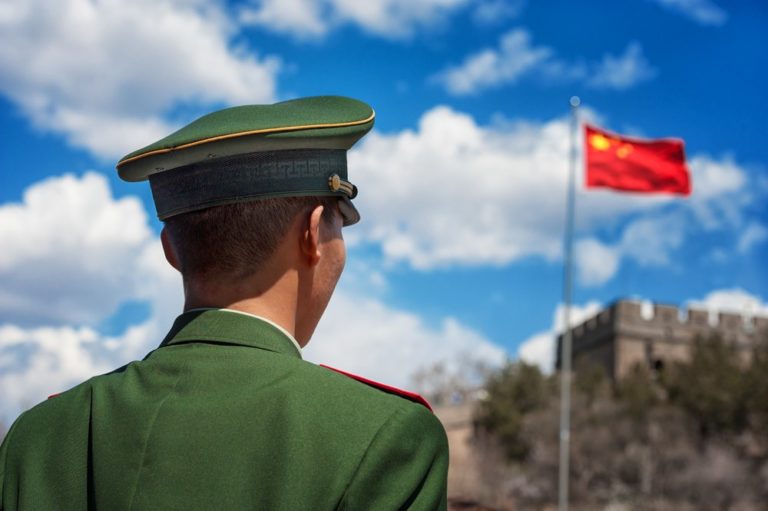Key Takeaways:
– Robert F. Kennedy Jr., President Trump’s nominee for the head of the Department Health and Human Services (HHS), faced rigorous questioning in his recent confirmation hearing.
– Significant opposition and challenging questions came from Senate Democrats right from the start of the hearing.
– Kennedy, known as a vaccine skeptic and environmental activist, appeared before the Senate Finance Committee.
The Confirmation Grill: Fast and Fierce!
Robert F. Kennedy Jr., President Donald Trump’s choice to lead the Department of Health and Human Services (HHS), was met with tough questions during his confirmation hearing. Known for his skepticism towards vaccines and strong support for environmental causes, Kennedy was no stranger to creating controversy. Tensions began to flare just minutes into the session with the Senate Finance Committee on Wednesday. This committee test was the first of two Kennedy must face on his way to take the helm at HHS.
Kennedy’s Critics in High Gear
Despite going into the hearing with the title of being a renowned free-think campaigner and environmental advocate, Kennedy’s opponents didn’t hesitate to pull their punches. Senators weren’t shy about expressing concerns, which centered mostly on Kennedy’s vaccine skepticism and potential impact on the HHS’s policy. The Senate Finance Committee hearing, generally conducted in an orderly manner, quickly turned heated for Kennedy. This unusually aggressive line of questioning, coming from a chamber generally known for its decorum, significantly recolored the tone of the hearing.
What’s At Stake?
The vetting for the Secretary of HHS is quite an intense process, but why the added acerbic flavor this time? The main reason is the nominee’s past. Kennedy Jr., a key figure in the environmental movement, has always nurtured doubts about vaccines’ safety. This questioning is quite significant considering that the head of HHS oversees all health policy. Kennedy’s views may influence the department’s mission to ensure all American’s access to essential health services.
What’s Next with Kennedy’s Confirmation?
Following the intensity of the initial hearing, Kennedy is scheduled to appear before the committee again. While the first meet up was filled with eyebrow-raising questions, the next round could take an even sharper turn. The full impact of Kennedy’s vaccine skepticism and the potential implications became the center of the discussion. The debate is set to continue on whether Kennedy’s views will negatively affect the role of HHS, or whether his environmental activism might bring fresh ideas to the table.
Final Thoughts
As Robert F. Kennedy Jr., steps up to his second hearing, everyone is watching, waiting, and wondering. Will the questions be as tough? Will his beliefs impact his chances of leading HHS? All these questions will soon be answered as Kennedy braces for another day on the hot seat at the Senate Finance Committee. This confirmation hearing stands as a testament to democracy in action – a reminder that those nominated to such high-profile positions must be thoroughly vetted to ensure they’re fit for the office’s responsibility.









